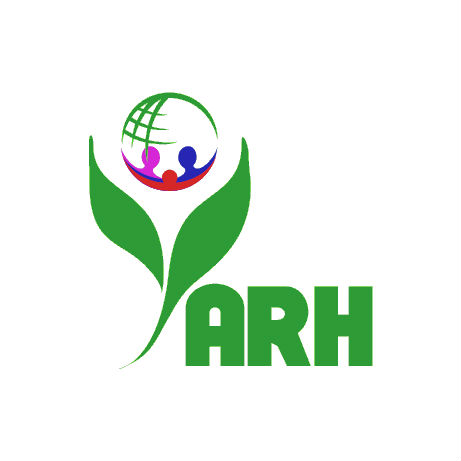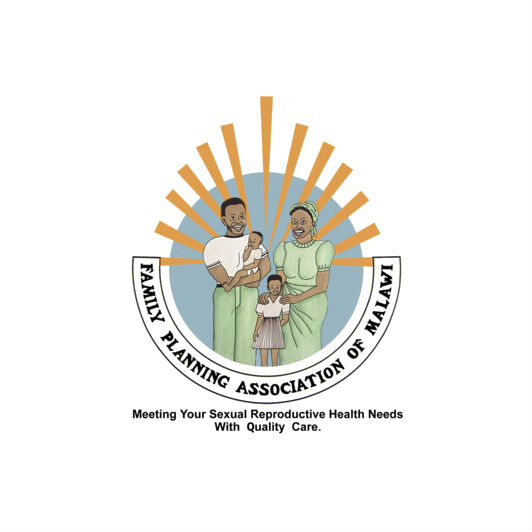

| 31 March 2016
Yemeni Association for Reproductive Health
Established in June 2009 as a not-for-profit voluntary non-governmental organization, the Yemeni Association for Reproductive Health (YARH) is registered with the Ministry of Social Affairs. YARH became an IPPF Member Association in 2010. Through 2 clinics and 1 youth-friendly service centre, the Member Association provides quality services to the people of Yemen. It has 72 volunteers and staff working on HIV and AIDS issues, and on the promotion of awareness amongst young people to empower them to make informed decisions concerning their sexual and reproductive health (SRH). YARH plays a key role in building strategic partnerships with other organisations concerned with young people's programmes in Yemen, and involves the young in identifying, articulating, implementing, monitoring and evaluating youth-friendly projects. YARH is a powerful advocate for political support for sexual and reproductive health and rights (SRHR). Critical partnerships include the Ministry of Public Health (Department of Reproductive Health, National AIDS programme, General Directorate for Women's and Child's Health); the Ministry of Youth and Sports (Scouts, guides, and Sport Clubs); San'a University; the Population Research and Studies Centre; local NGOs active in population and reproductive health; private universities (Science and Technology Colleague); and human rights, women and gender organizations (including the Women's National Committee and the National Information Centre). Visit YARH's Facebook page: https://www.facebook.com/Yemeni-Association-for-Reproductive-Health

| 31 March 2016
Family Planning Association of Malawi
When it was founded in 1999, the Family Planning Association of Malawi (FPAM) focused on providing family planning services. As the organization has evolved, it has both refined and expanded its operation. Today, FPAM targets young people primarily, and reaches out to under-served rural communities. As a result, it operates 64 service points, including 53 mobile sexual and reproductive health (SRH) facilities and 4 static clinics. Its community-based distributor/services (CBDs/CBSs) profile is also very strong with 65 additional delivery points. As ever with IPPF Member Associations, the mix of outlets and approaches is very much led by the particular demographic and geographic needs of the country. FPAM also provides youth-friendly SRH information, education and behaviour change communication materials to young people at 4 youth centres, and through schools. Peer educators use group discussions, theatre performances, publications and audio-visual materials produced by community reproductive health promoters to pass on the message about good SRH practice and access to resources. The distribution of contraceptives, pregnancy testing, the diagnosis and treatment of sexually transmitted infections (STIs) and voluntary counselling and testing (VCT) for HIV and AIDS are core to FPAM’s clinic activity. For its successful operation, the organization depends on a team of 46 full-time staff and over 600 volunteers. Over the years, FPAM has forged partnerships with health, family and youth departments in government, to advocate forward-thinking national SRH policies. It works with a variety of non-governmental organisations (NGOs) including the Malawi Girl Guides Association and Banja La Mtsogolo. Financing support comes from UNFPA, IPPF’s Japan Trust Fund, the Japanese Organization for International Cooperation in Family Planning (JOICFP), UNICEF, National AIDS Commission, GTZ, and Youth Incentives. FPAM also networks with other SRH-focused groups, particularly in the fields of HIV and AIDS and youth issues. Contacts Website: www.fpamalawi.org Facebook: https://www.facebook.com/FPAMalawi/







